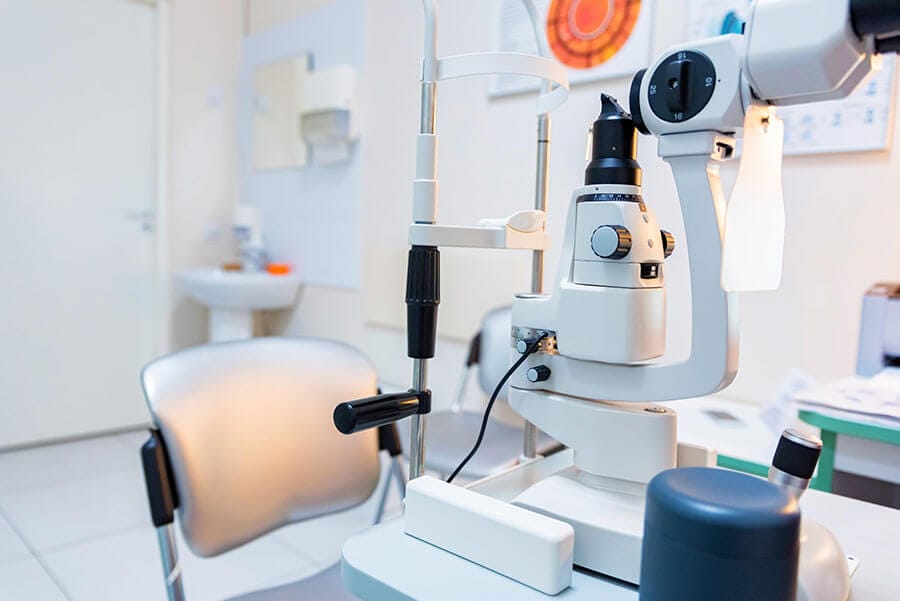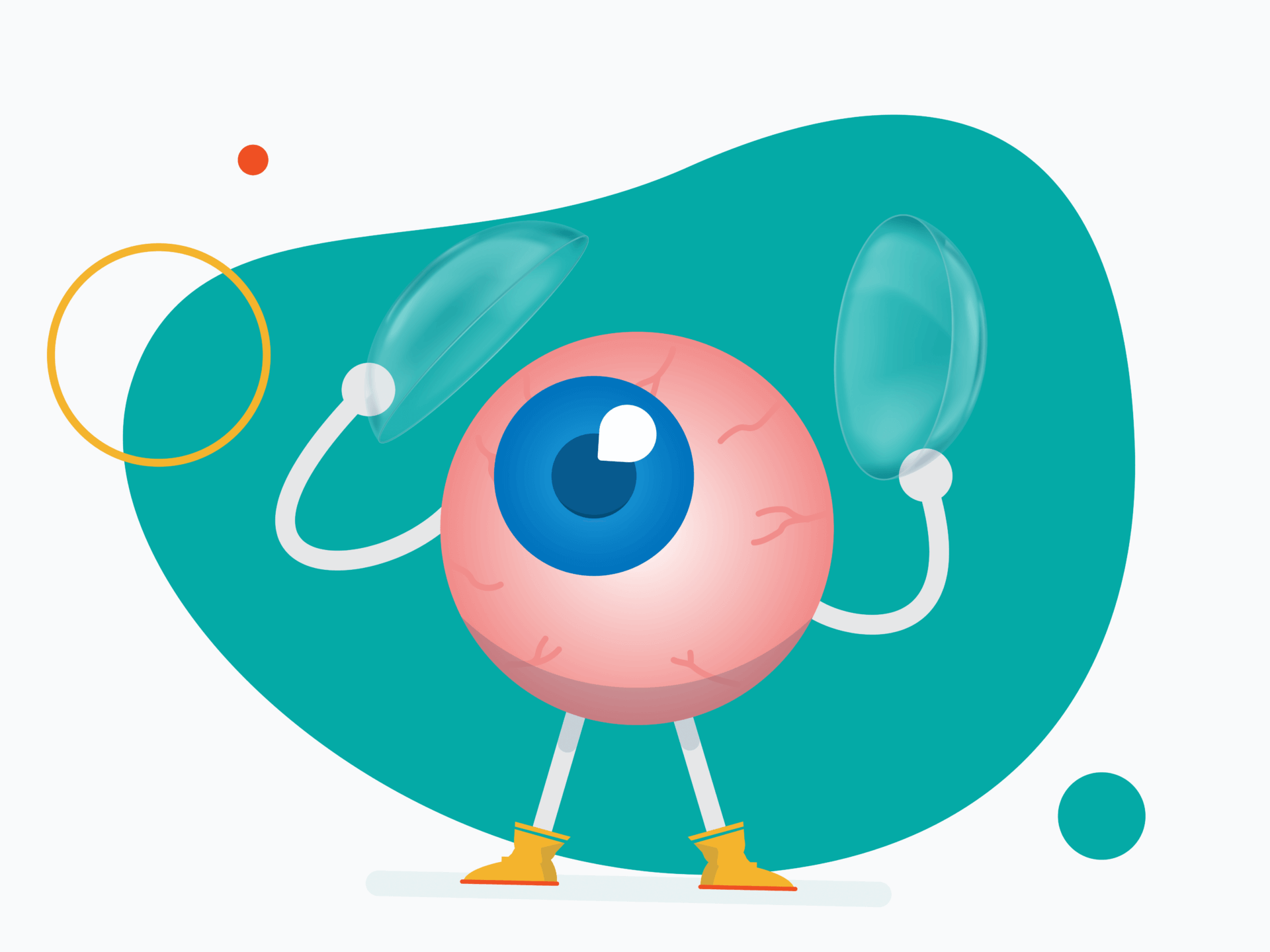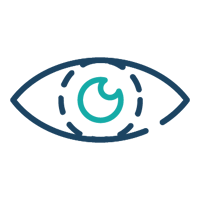The Importance of Regular Eye Exams
Before we dive into the details of a routine eye exam, it's important to understand why regular eye exams are so crucial. Eye exams not only check for changes in vision but also for underlying eye conditions such as glaucoma, macular degeneration, and cataracts. These conditions may not have any noticeable symptoms in their early stages, making early detection through routine eye exams critical for prevention and early treatment.
Initial Assessment
The first step in a routine eye exam is an initial assessment, where we will ask you about your eye health history, medical history and any current eye problems or concerns. We may also ask about any medications you are taking and whether you have a family history of eye diseases.
Visual Acuity Test
One of the most well-known tests during a routine eye exam is the visual acuity test. This test measures your ability to see objects at a distance and up close using a Snellen eye chart. The eye chart contains letters of varying sizes, and you will be asked to read them out loud while covering one eye at a time. This test helps determine whether you need corrective lenses such as glasses or contact lenses.
Refraction Assessment
If you require corrective lenses, we will perform a refraction test to determine the optimal lens prescription needed. During this test, we will ask you to look through a device called a phoropter while they change the lenses until they find the combination that provides you with the sharpest and clearest vision.
Eye Movement and Alignment Tests
Eye movement and alignment tests are performed to assess how well your eyes work together, also known as binocular vision. We will ask you to follow a moving object with your eyes, and we will also check for any abnormalities in eye movement or alignment, which could indicate underlying eye conditions.
Intraocular Pressure (IOP) Test
An eye pressure test, also known as tonometry, measures the pressure inside your eye. High eye pressure can be a sign of glaucoma, a condition that can cause vision loss if left untreated. During the test, we will use a device that emits a small puff of air onto your eye to measure the pressure.
Retinal Examination
The retina is the part of the eye that senses light and sends images to the brain. A retinal examination involves dilating your pupils with eye drops so we can examine the retina and optic nerve using ophthalmoscopy. This test can detect a range of eye conditions, including macular degeneration and diabetic retinopathy.
Color Vision Test
A color vision test, such as the Ishihara test, may be conducted to assess whether you have difficulty distinguishing between colors. This test is particularly important for individuals who work in jobs that require color recognition, such as pilots, electricians, or painters.
Visual Field Test
A visual field test, also known as a perimetry test, checks your peripheral vision, which is your ability to see objects to the side while looking straight ahead. This test can detect any blind spots or areas of vision loss that may be indicative of glaucoma or other eye conditions.
Slit-Lamp Examination
A slit-lamp examination uses biomicroscopy, a special microscope, to examine the front and back of the eye. This test can help detect various eye conditions such as cataracts, corneal ulcers, or retinal detachment.
Pupil Dilation
In addition to a retinal examination, we may also use pupil dilation to examine the inside of your eye. Dilating your pupils involves using special eye drops to enlarge your pupils, allowing our eye doctor to get a better view of the retina and optic nerve.














